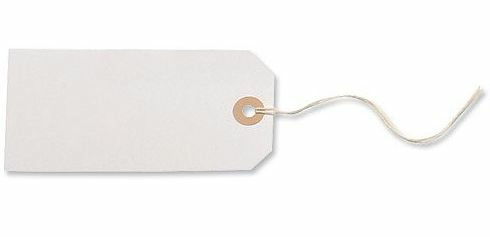|
“Your thoughts and the words you use about a child will at some stage become the thoughts and words that the child thinks about himself” –Chen Miller Labels act a lot like negative beliefs. Children become their labels. The bad kid in a family will be the bad kid in the family, the klutz will be the klutz until freed of those labels. Children who are labeled as learning disabled may cease trying and feel that they have no hope because they have been given an excuse for low expectations. Is there a way to reduce the impact of labels? Diederik Wolsak, author Choose Again: Six Steps To Freedom, reports just that when he was working with high school students who were predominantly First Nations and “at-risk” kids who had experienced child abuse. He asked them what was the worst thing that ever happened to them. One girl raised her hand and told him that it was the day she was told that she had to have remedial help for her learning disabilities. She no longer had to try hard at school and gave up hope of a bright future.
Labels objectify the person being labeled—we see the label and not the person. So, “people first” language is important to adopt when talking about someone who has been labeled. This means instead of saying “He’s ADD” rather say “He’s a boy with ADD.” Rather than saying “She’s Down Syndrome” say “She is a girl with Down Syndrome.” It is a small but significant adjustment to be aware of and to teach kids. Ultimately and ideally, all labels will be unnecessary. Our tendency to categorize people is pervasive, and goes against the concept that we all have Inherent Worth no matter what. Labels can be used deliberately to put up barriers to seeing the humanity of the people being labeled, so that it is easier to mistreat them or regard them with suspicion. Think of the labels “immigrant” or “alien”. These terms and so many others can be used by politicians to color public opinion. Immigrants cease to be people and the word “alien” is even more insidious as it conjures up a picture of an inhuman space invader. When you hear these terms and others being used you can immediately reinject the humanity by mentally adding proper names to the labels. So, “immigrants” becomes “immigrants Bob and Sheila” in your mind. Try it! Set yourself the challenge this week, of noticing every time you are tempted to label someone, and find a way to rephrase so that you maintain the humanity and avoid the objectification of that person. Naturally, this is most important to do in our own families. Was this post helpful? Which labels can you get rid of?
0 Comments
Your comment will be posted after it is approved.
Leave a Reply. |
Author I know firsthand the emotional and financial costs of having a troubled teenager and I don’t want that to happen to you. That's why I wrote my book What They Don't Teach in Prenatal Class: The Key to Raising Trouble-Free Kids and Teens (available on Amazon). Archives
April 2022
Categories
All
|
get in touch
Email: [email protected] Tel: (1) 604 720 2776
Sign Up to my newsletter
Get information and articles about how to raise happy, mentally-healthy, and addiction-free kids!


 RSS Feed
RSS Feed